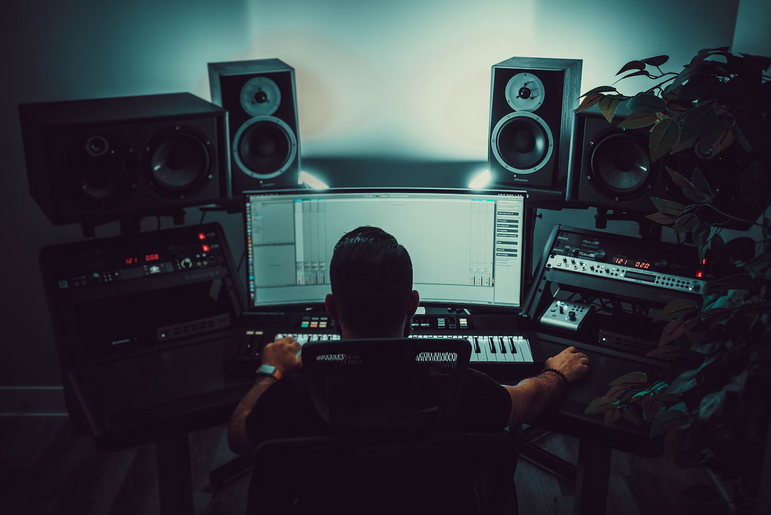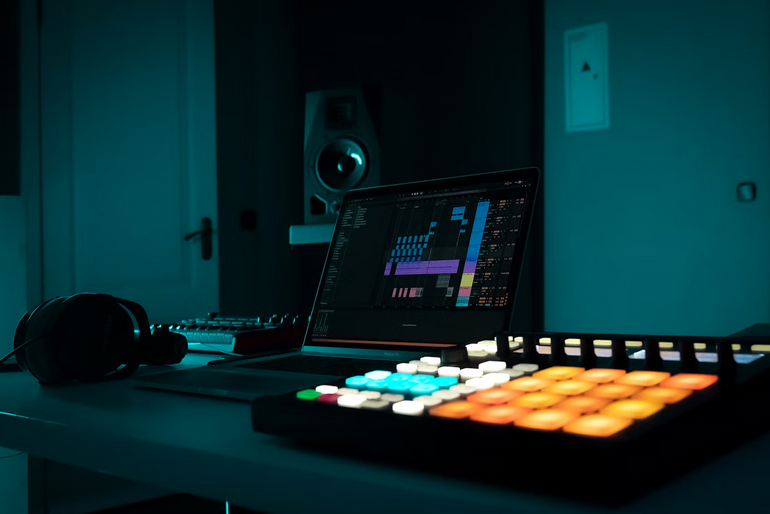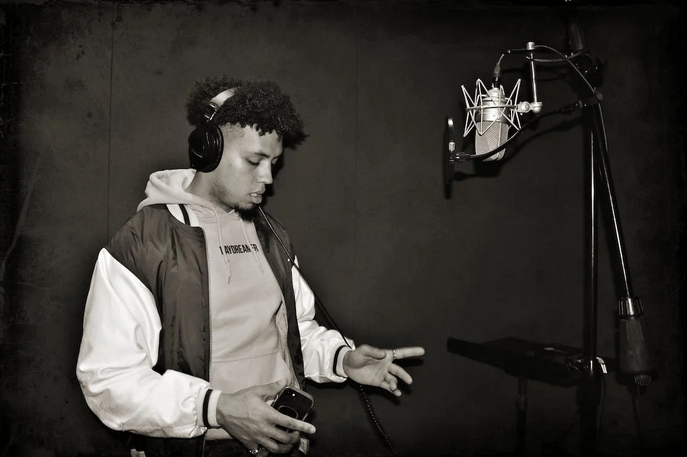Revolutionizing Sound: The Impact of Technology on Music Production
In the symphony of human creativity, technology has emerged as the conductor, orchestrating a transformative revolution in the realm of music production. This article embarks on a journey through the corridors of innovation, exploring the profound impact technology has had on shaping and redefining the very fabric of sound.
The Shift from Analog to Digital

The evolution of music production is marked by a seismic shift from analog to digital. Gone are the days of tape reels and physical mixing boards; now, musicians wield the power of Digital Audio Workstations (DAWs). This paradigm shift not only democratized access to music production tools like free sample packs but also ushered in an era of unprecedented creative possibilities.
Infinite Soundscapes: Virtual Instruments and Sampling
Technology’s embrace extended to the creation of virtual instruments and sampling, allowing musicians to summon the sounds of entire orchestras or unearth obscure sonic gems with a few clicks. This newfound flexibility empowers artists to explore uncharted territories in composition and arrangement.
Synthesizers: From Analog Warmth to Digital Precision
Synthesizers, once revered for their analog warmth, underwent a metamorphosis with the advent of digital technology. The marriage of analog synthesis principles with digital precision birthed instruments capable of producing a spectrum of sounds, from vintage warmth to futuristic tones.
The Beat Laboratory: Drum Machines and Rhythm Evolution

Drum machines revolutionized rhythm creation, liberating drummers and producers from the constraints of physical kits. The steady pulse of electronic beats found its place in mainstream music, paving the way for genres like electronic, hip-hop, and pop to dominate the airwaves.
Algorithmic Alchemy: AI in Music Composition
Enter the era of artificial intelligence (AI), where algorithms analyze vast musical datasets and compose pieces that challenge our notions of creativity. From generating melodies to suggesting harmonies, AI has become a collaborator, nudging artists toward unexplored sonic territories.
Immersive Experiences: 3D Audio and Spatial Sound
Technology has not only altered what we hear but also how we perceive it. The rise of 3D audio and spatial sound technologies has transformed music into a multidimensional experience, immersing listeners in a sonic landscape that transcends the traditional stereo field. The ubiquity of smartphones and tablets has birthed a new era of music production on the go. Mobile apps and platforms provide aspiring musicians with the tools to compose, record, and produce high-quality tracks with the touch of a screen.
As we traverse the landscape of music production’s technological evolution, it becomes evident that we stand at the threshold of endless sonic possibilities. Technology has not only revolutionized the way we create and consume music but has also redefined our very understanding of what music can be. The symphony of innovation plays on, inviting musicians and producers to join the crescendo of a future where sound knows no bounds.…



